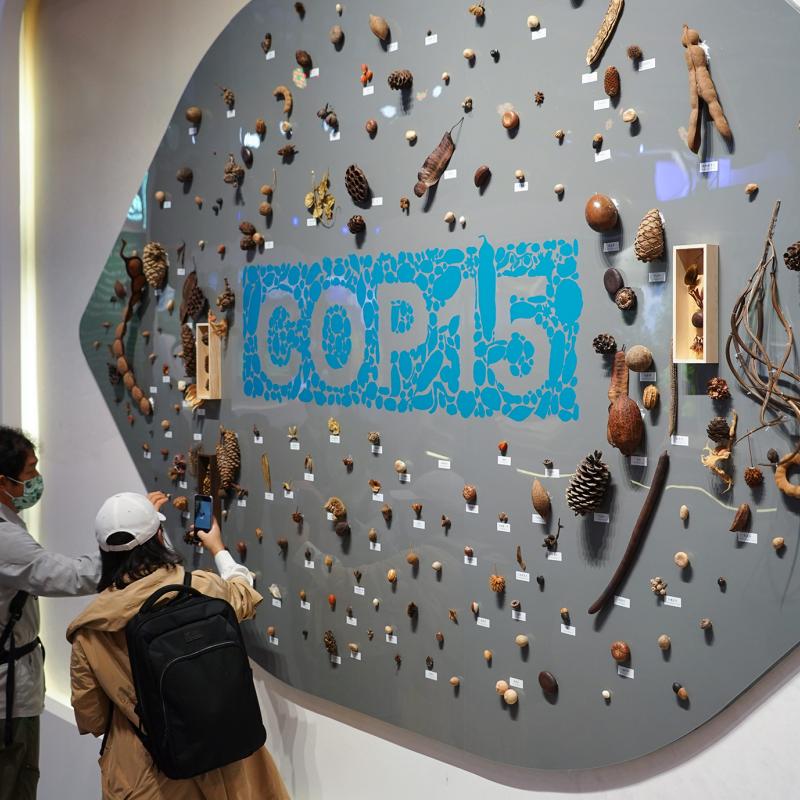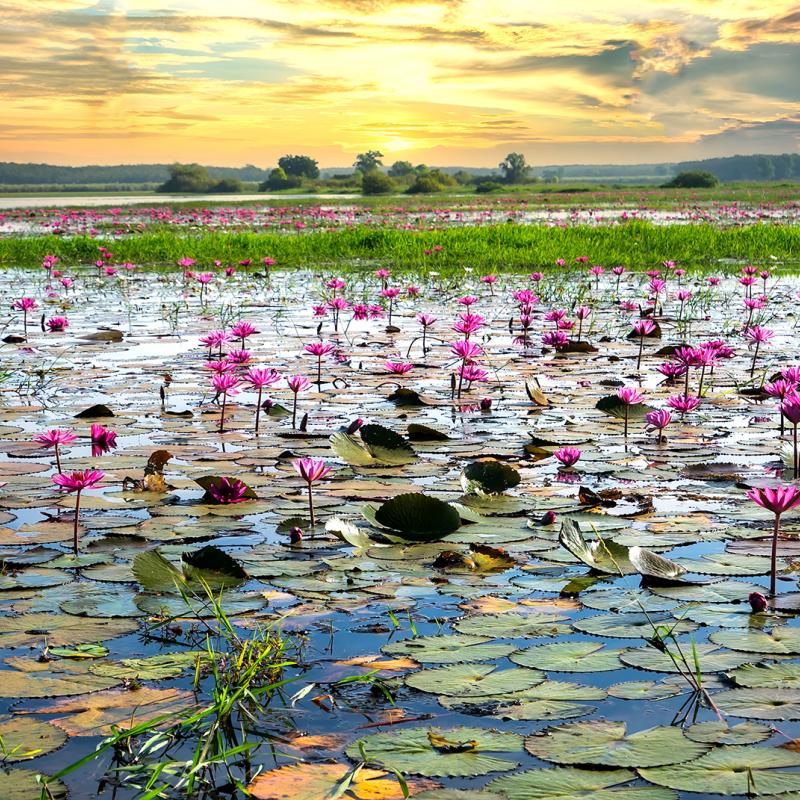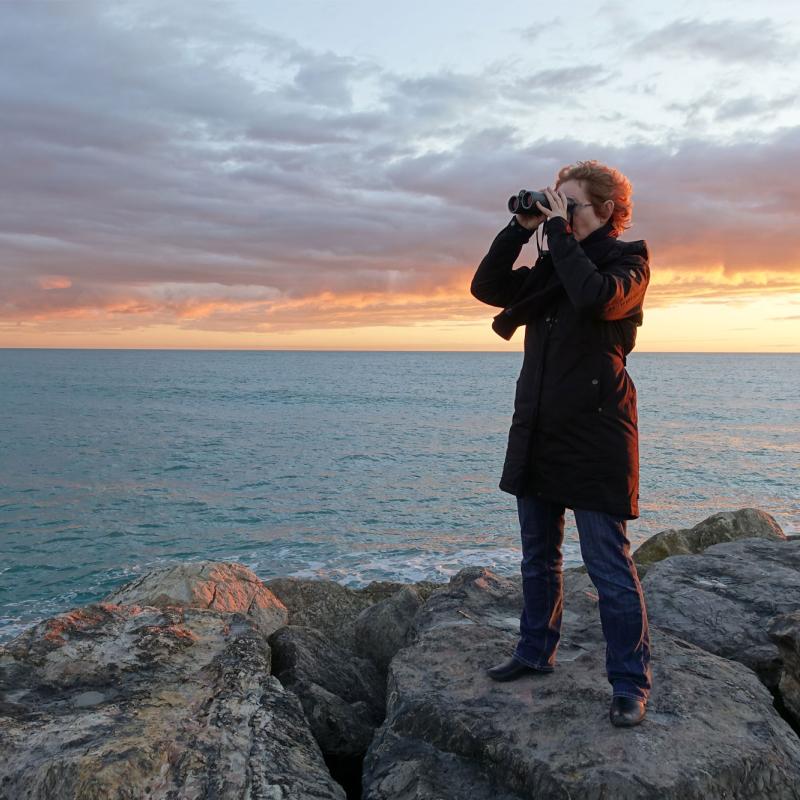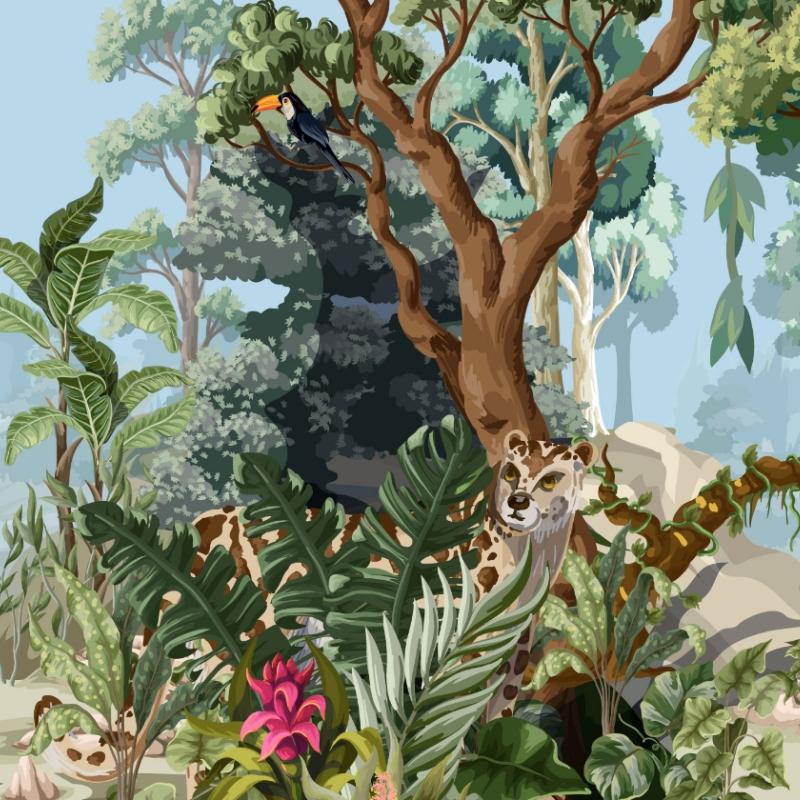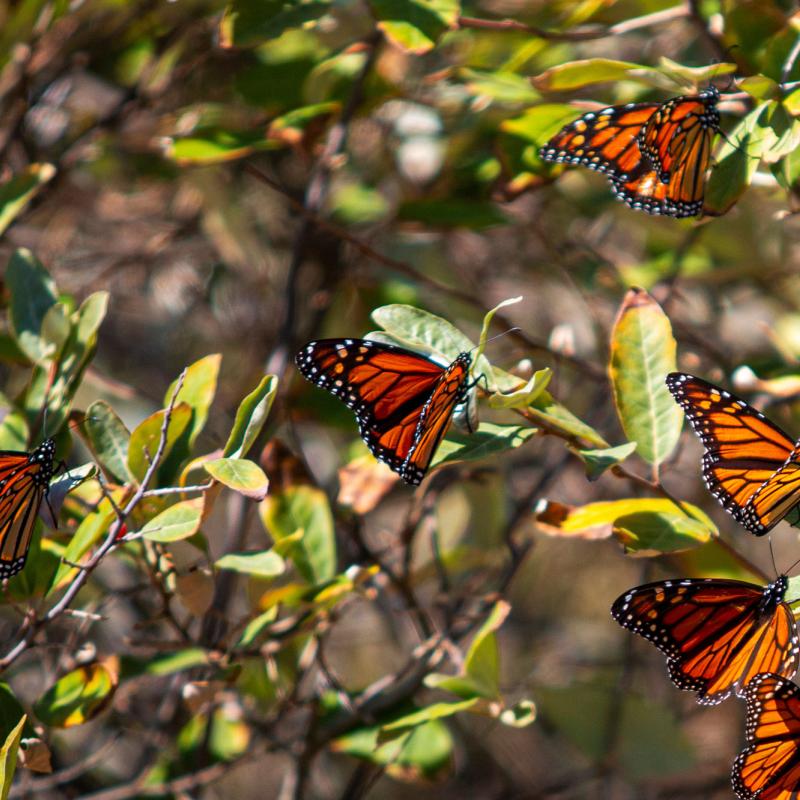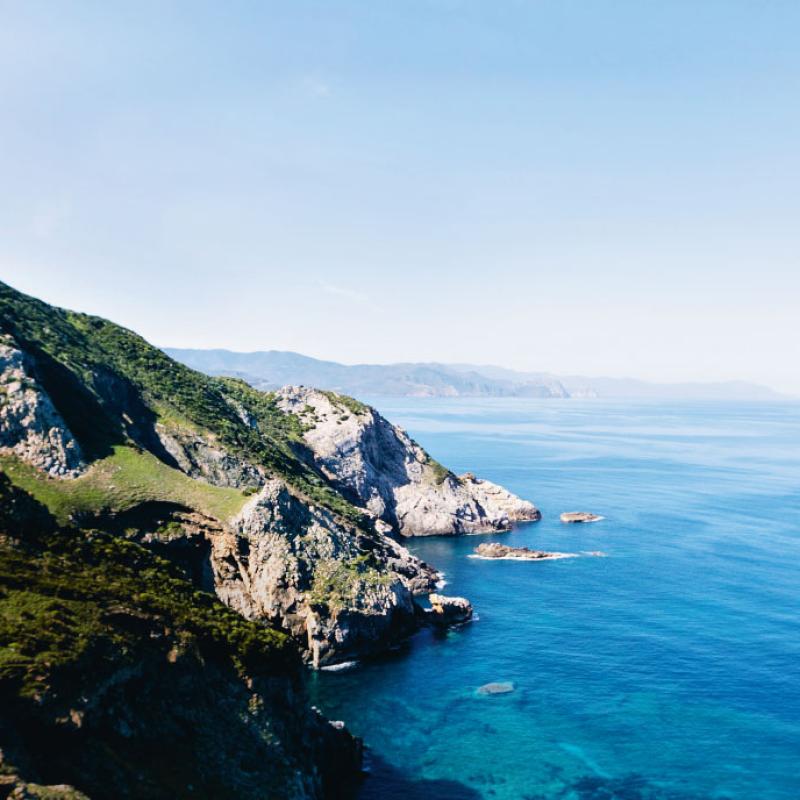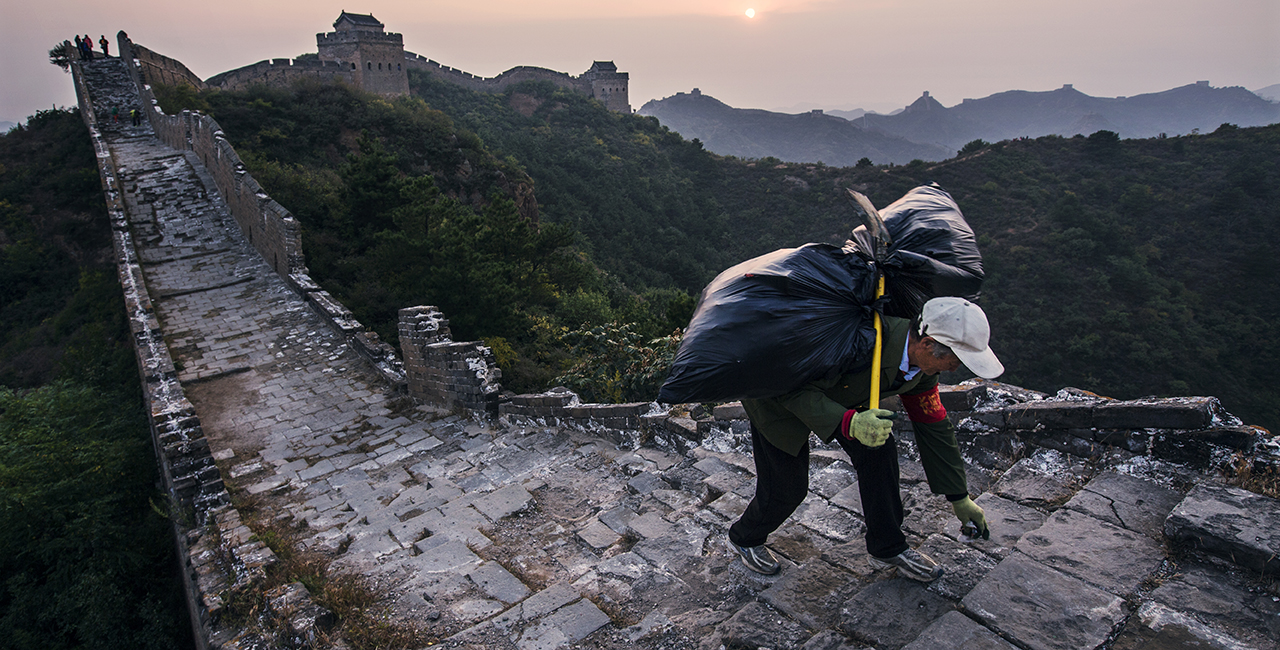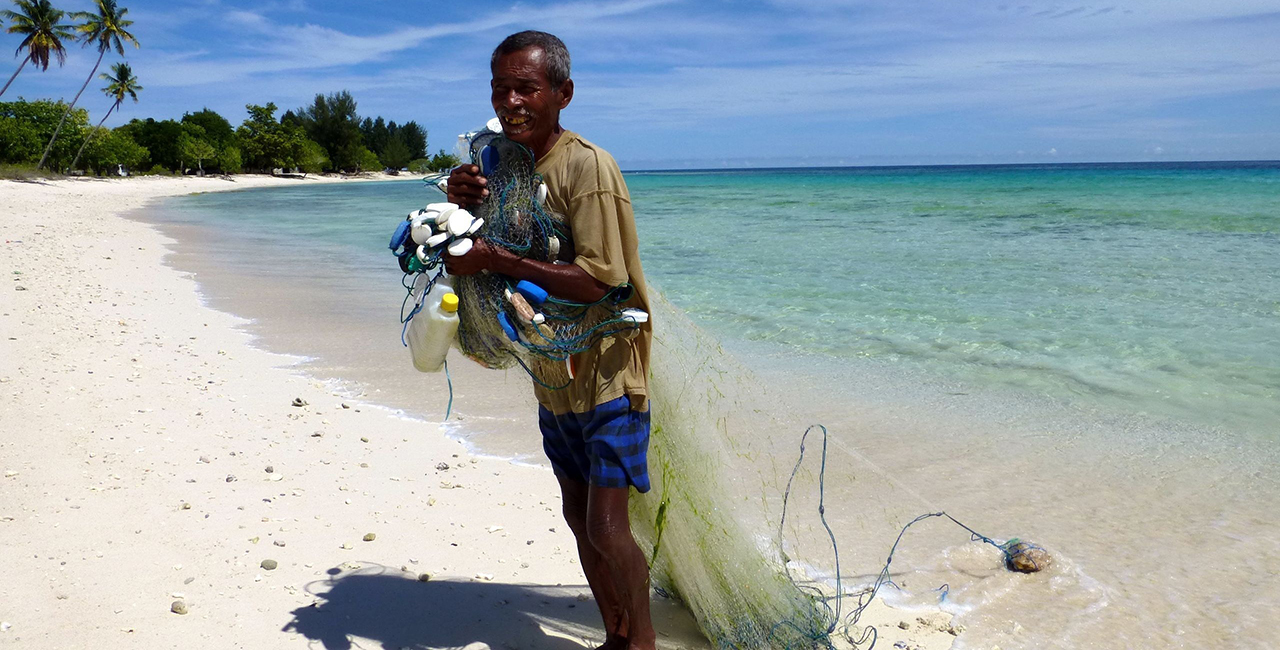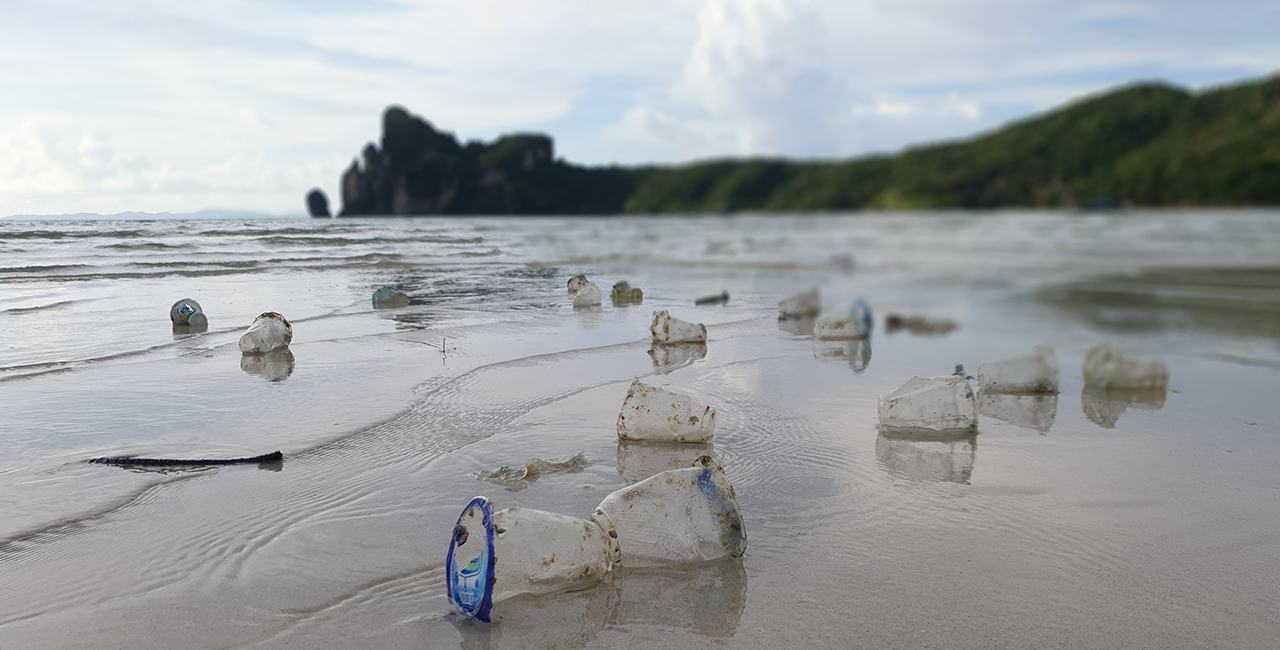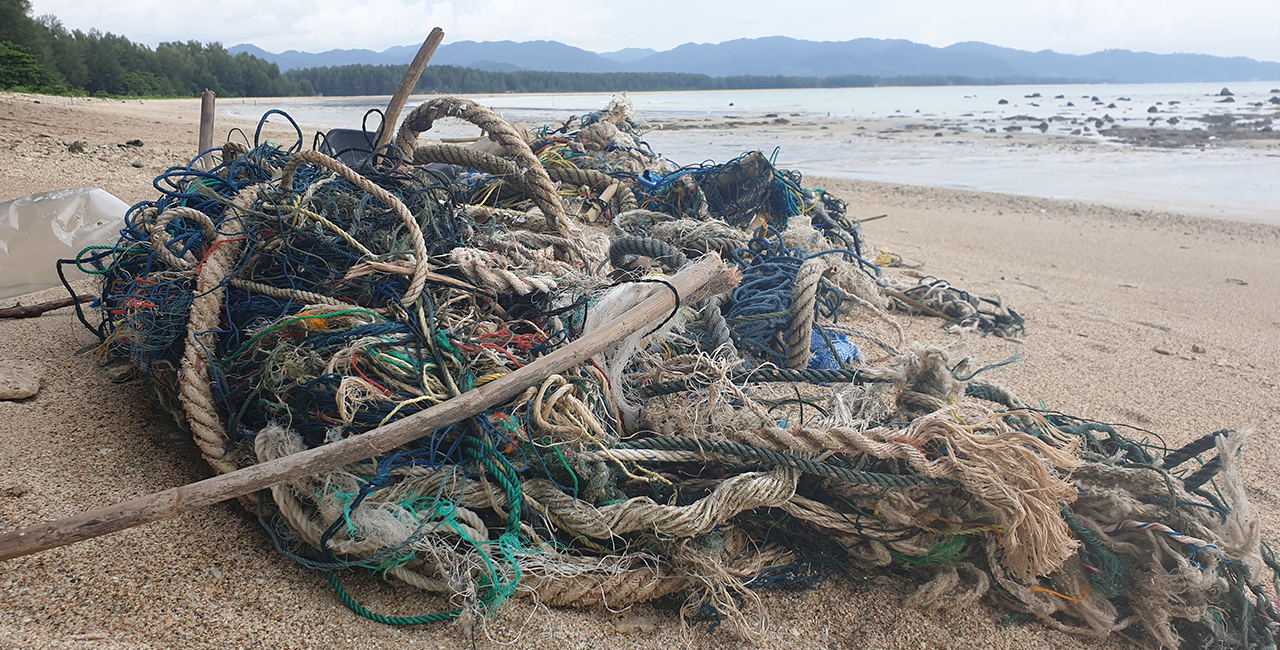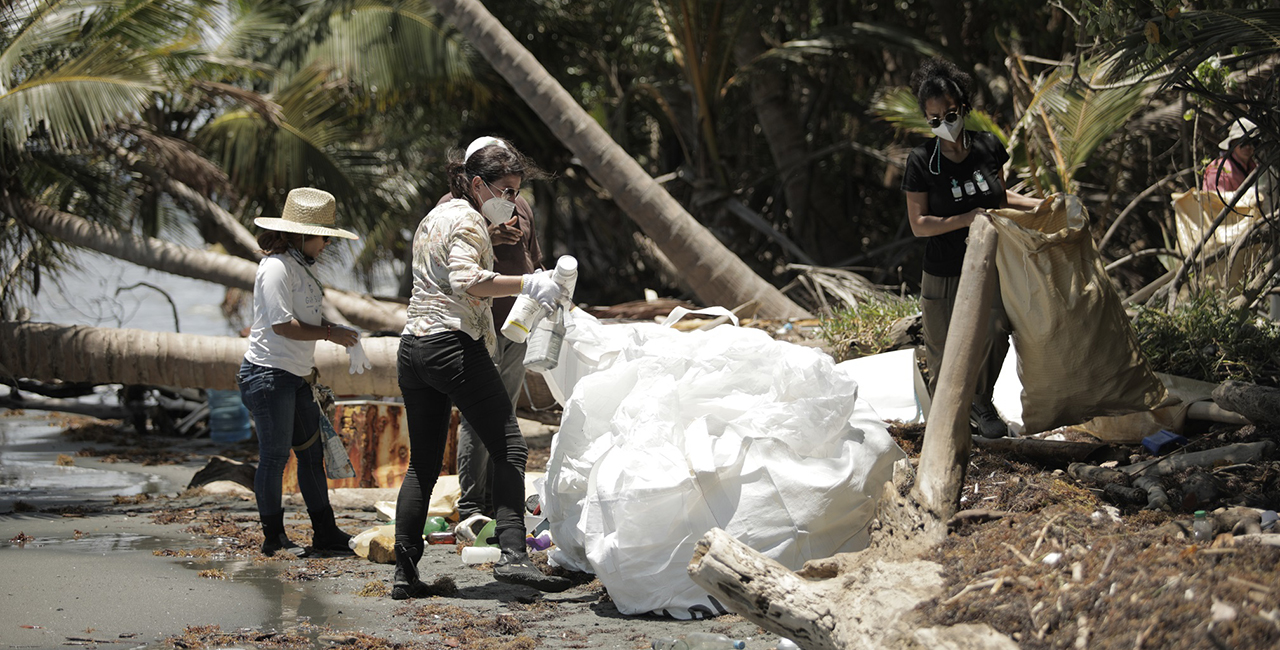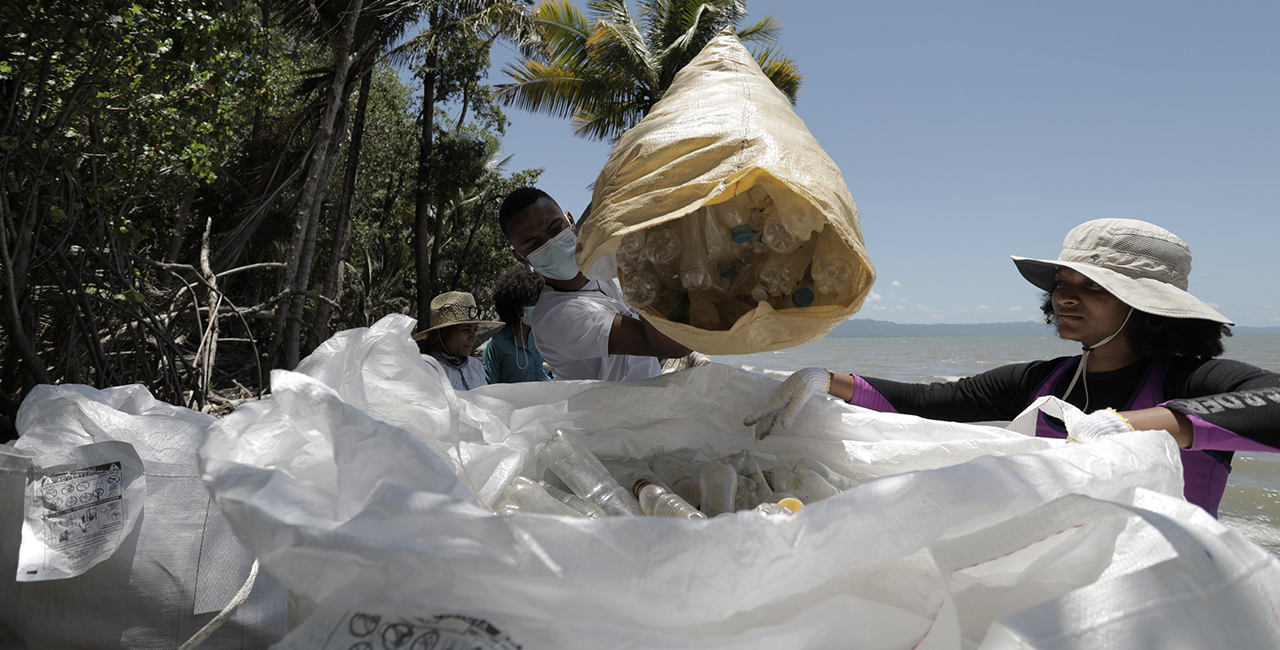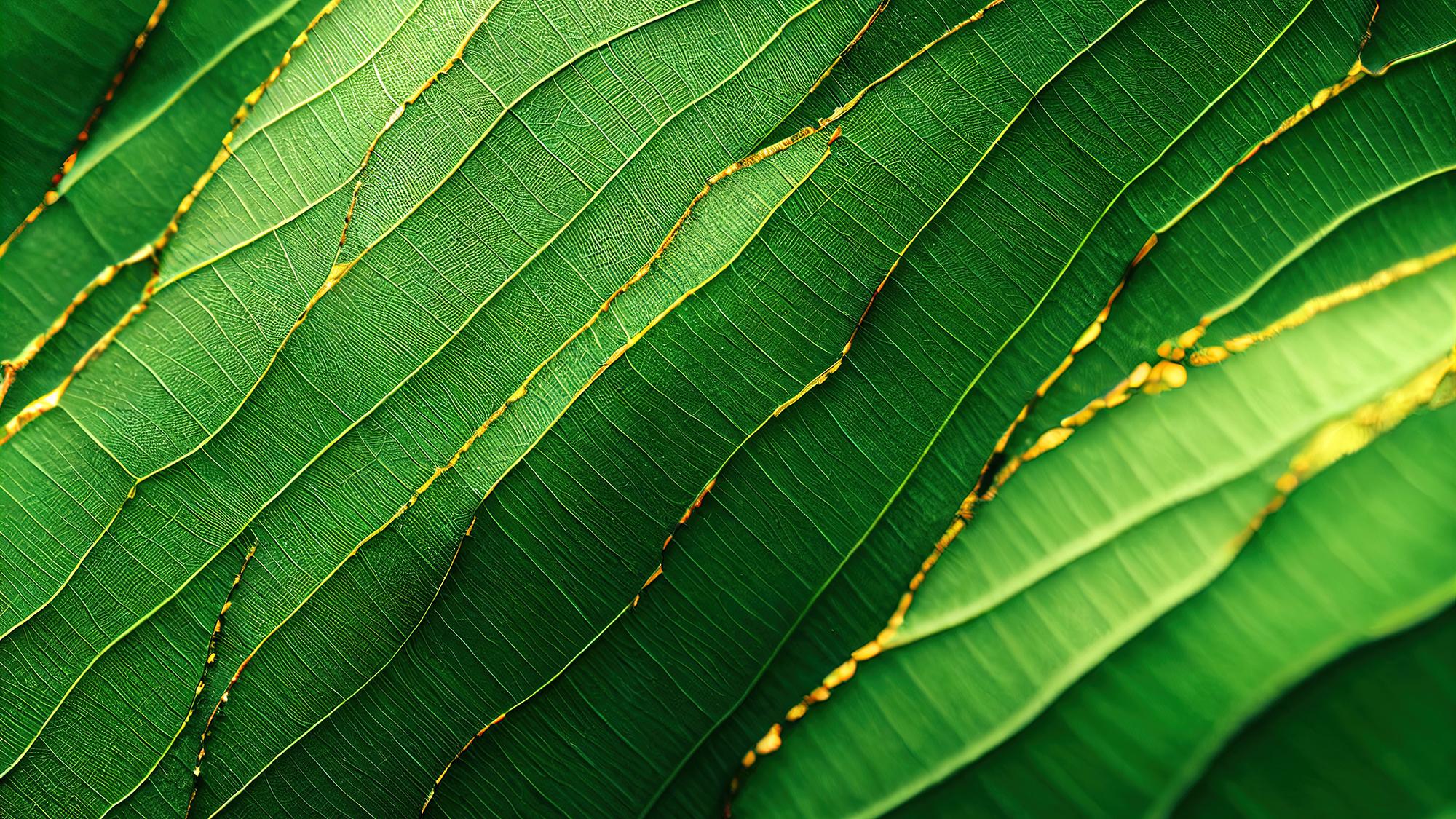 Oleg/stock.adobe.com
Oleg/stock.adobe.com
COP15: The 2022 UN Biodiversity Conference
The 15th UN Biodiversity Conference took place from 7 to 19 December 2022 in Montreal, Canada. To mark COP15, we examine various aspects of international nature conservation.
Species loss continues apace. According to the World Biodiversity Council, one in eight species is at risk of extinction. If the trend continues at such a rapid rate, it will be impossible to achieve 80 per cent of the Sustainable Development Goals (SDGs). This would have drastic, global consequences – not just for nature, but also for society.
To avert this, the global community is meeting at the global biodiversity conference in Montreal. The aim is to adopt a new Global Diversity Framework with specific nature conservation targets set to apply until 2030. Key points include a proposal to designate 30 per cent of the planet’s land and ocean areas as protected by 2030. This is known as the ‘30x30’ target.
It is not yet clear whether the parties to the convention will be able to come to an agreement. What is certain is that a large portion of vital biodiversity can be found in developing countries, and these countries will require support to protect it. International cooperation is therefore likely to play an even greater role in species and biodiversity conservation in future.
‘We also know that in economic terms, biodiversity is a global asset with tremendous value […] Estimates suggest the cost of inaction on biodiversity could rise to at least USD 14 trillion, or seven per cent of global GDP, by 2050.’
